Assisting entrepreneurs to estimate their funding needs, whether launching a new business or expanding an existing one, is a service we provide at the UGA SBDC. Identifying sources of capital and gaining access is another area of support. That said, tracking how businesses are funded is an important and interesting part of our job. Over the years, I have found it particularly interesting to hear about entrepreneurs who launched their businesses with little or no capital – out of necessity or by design.
While reading a recent Inc. Magazine article, “How to Launch for Less than $10K,” it brought to mind entrepreneurs I’ve known who made do with what they had and, quite often, it was not a lot. For entrepreneurs who think lack of funding is what keeps them from entrepreneurial success, the article’s message is, “No money is no excuse.” The author says great ideas, tons of drive and deep faith in yourself are all you really need.
An example Inc. mentions of one such company is Jacobs Gallery (now called Life Is Good), a T-shirt company launched by two brothers with just $200 borrowed from another brother. Bert Jacobs, one of the brothers quoted in the article, notes some of the challenges and benefits along the way. One benefit was that a lot of the company’s values came out of the early need to do things cheaply and in person. The Jacobs had little money so their “direct to consumer” sales method meant spending $25 for a Massachusetts hawkers and peddlers permit, as well as $15 for one in Boston, and setting up a card table on street corners. Another benefit, there was zero space between the Life Is Good brand and its customers. The Jacobs met every customer face-to-face and asked questions about which T-shirt color and design the customer liked. If one style was popular over another, they’d print that style and have it available the next day. Their size and closeness to the customer allowed the Jacobs to adapt quickly. In 2014, Life Is Good’s revenues exceeded $100 million.
If you are starting a business, I challenge you to see how resourceful you can be to enhance your likelihood of success. Instead of buying that new piece of equipment, does buying used, renting or borrowing make financial sense? Do you have something to trade with another business who has something you need? How about outsourcing some of your business operations until revenue warrants bringing them in-house. Consider your location – can you start as a home-based business, operate out of an incubator or share space with another business? Negotiating favorable agreements with vendors might also reduce start-up funding needs. These are but a few examples of how resourceful entrepreneurs lower their start-up costs and, with limited capital, launch their businesses. [tweetthis]Here’s a few examples of how entrepreneurs lower their #startup costs and launch their #smallbiz:[/tweetthis]
About half of all start-ups close within five years and the cause is usually lack of capital, according to the Wall Street Journal. I don’t suggest launching a business without adequate resources, but I do tell SBDC clients to consider what they can do with the resources they have.
At the SBDC, we are privileged regularly to see the resourcefulness of entrepreneurs and their ability to make something out of nothing. It doesn’t’ have to break the bank to launch a business and no money is no excuse, if you have the right idea, creativity and passion. Are you up to the challenge?
(Source: Susan Caldwell, Area Director, UGA SBDC in Augusta)


